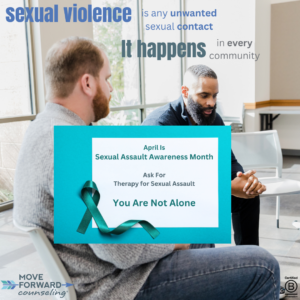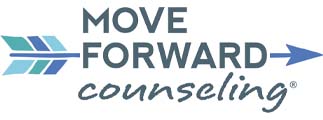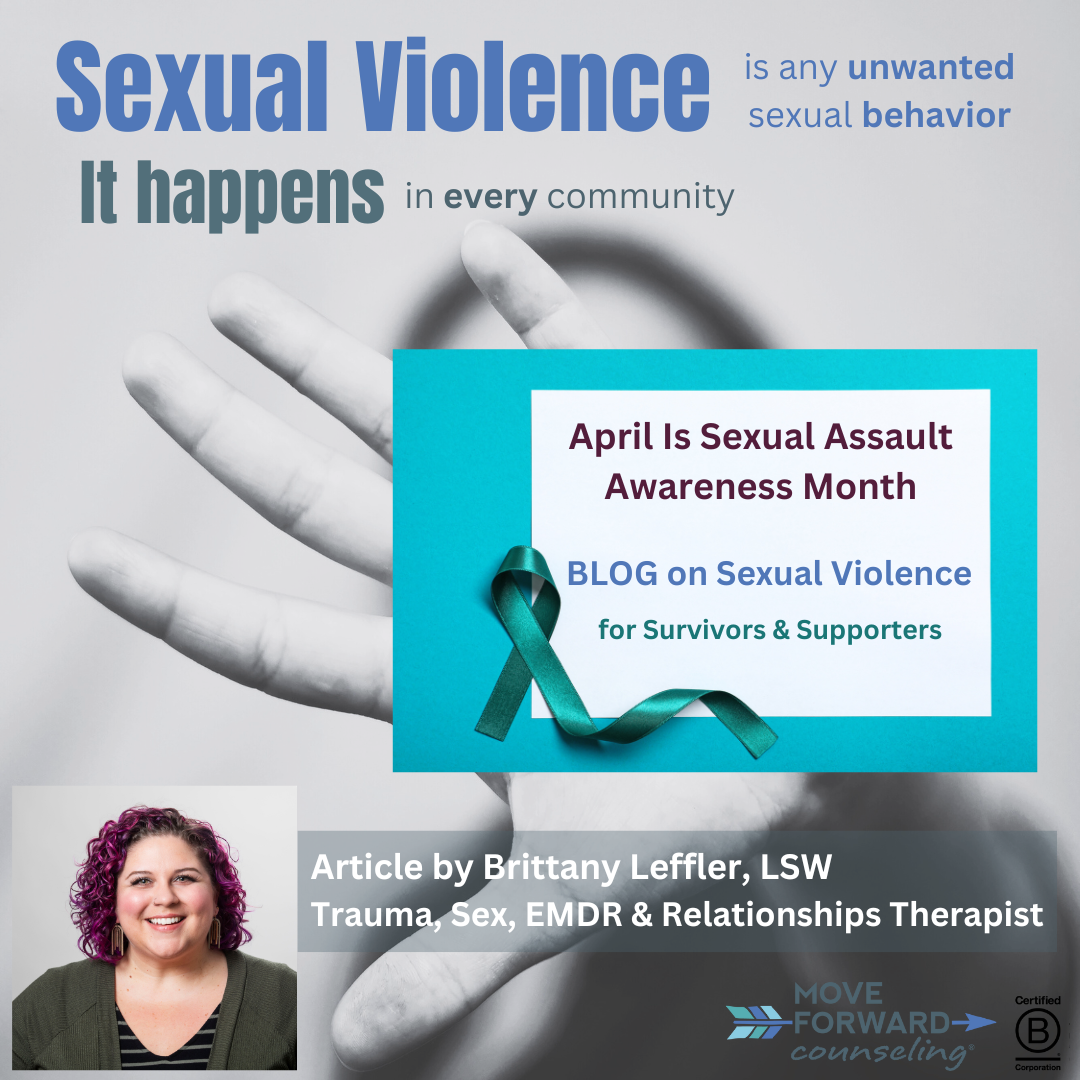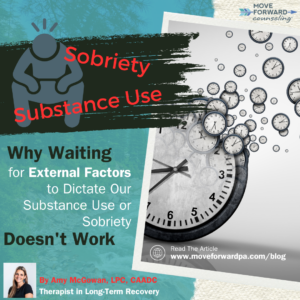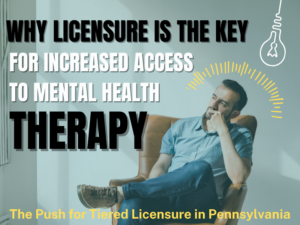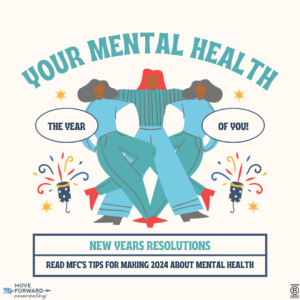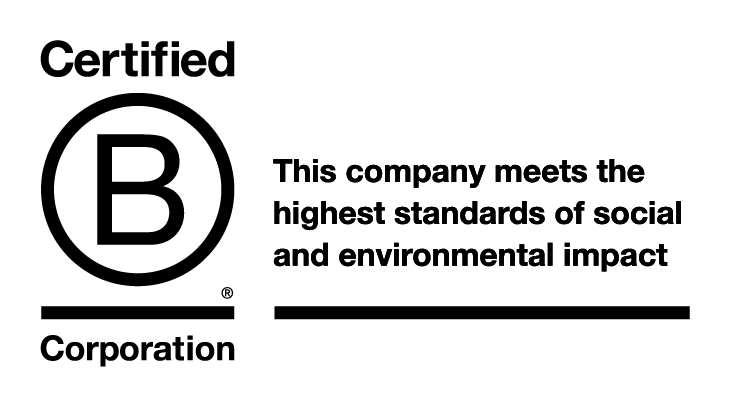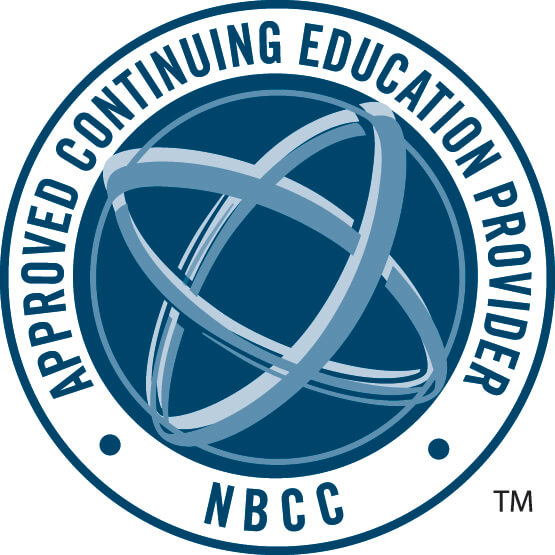Hope and healing in the aftermath of sexual violence is an article for survivors and those who support survivors of sexual violence.
Brave First Step
Seeking help or treatment for the traumatic impacts of abuse is a brave first step in the healing process.
April is Sexual Assault Awareness Month, which is a month dedicated to raising awareness of the many impacts sexual abuse, assault, and harassment have on individuals, relationships, and our community. Sexual violence is defined as any type of unwanted sexual behavior or contact. It happens in every community, affecting people of all genders, races, abilities, and ages. Sexual violence is usually thought of as unwanted physical contact, but it also includes words, actions, and online activity of a sexual nature that happens against a person’s will and without their consent.
If you are wondering whether sexual violence impacts you, consider the following statistics:
- Every 68 seconds, another American is sexually assaulted. (RAINN, 2024).
- In other words, sexual assault is far too common, and it happens way too often.
- 93% of child sexual assault victims know the perpetrator (family members, members of faith communities, coaches, teachers, other helping professionals, etc.) (RAINN, 2024).
- In other words, most kids who are harmed know their abuser, which debunks the assumption that “stranger danger” is the most common threat.
- More than 4 in 5 female survivors reported that they were first sexually assaulted before age 25, and almost half were first sexually assaulted as a minor (i.e., before age 18). Nearly 8 in 10 male survivors reported that they experienced sexual assault before age 25, and about 4 in 10 were first sexually assaulted as a minor (CDC, 2023).
- In other words, sexual violence is a public health problem that starts early and doesn’t discriminate based on gender.
- Survivors of sexual violence have an increased risk of experiencing poor mental health outcomes, such as low self-esteem, depression, dissociation, and suicidality (Ports, Ford, & Merrick, 2016).
- In other words, survivors are more likely to experience increased illness and earlier death if they don’t heal from these traumatic wounds.
- Women and racial and ethnic minority groups experience higher levels of sexual violence. Some research estimates more than 2 in 5 non-Hispanic American Indian or Alaska Native and non-Hispanic multiracial women experienced sexual assault in their lifetime (CDC, 2023).
- In other words, sexual violence is a power and control problem, as it disproportionately affects oppressed populations.
Sexual Trauma and Its Impact
Sexual trauma has psychological, emotional, and physical effects on a survivor, often negatively impacting their mental, spiritual, and physical health. It is typical for survivors of sexual violence to experience increased anxiety, stress, and/or fear. If these emotions increase in severity, occur longer than a few weeks, or interrupt their day-to-day life, it is considered a condition known as post-traumatic stress disorder (PTSD). Other consequences might include mood changes, depression, sleeping difficulties, and fatigue/low energy. Survivors may struggle with low self-esteem, feeling discouraged or hopeless, having trouble concentrating or staying on task for school or work, and setting boundaries in relationships.
Sometimes, survivors’ pasts suddenly become very present, and memories or flashbacks resurface to dampen what is supposed to be a joyful time in life. Pivotal moments and turning points along the lifespan, such as a new relationship, experiencing intimacy, marriage, pregnancy, parenthood, a big move, or a new job, might ignite old memories or emotions and irritate old wounds a survivor thought had healed. Trauma from years past or even recent events can interrupt a survivor’s life and negatively impact their relationships, their confidence & their ability to be fully present & functional.
Managing the Impact of Sexual Assault
These symptoms aren’t always easy to deal with, but with the right treatment, they can be managed. There is hope for healing! It is possible for a survivor to receive support, to be believed, and to feel whole, embodied, and empowered again. Even if you don’t identify as a survivor of sexual violence, it is very likely that you are surrounded by community and/or family members who have had these experiences at some point in their lifetimes.
You Deserve a Path to Healing
Survivors deserve a path to healing and a community that will believe and support them in getting the help they need. If you are a survivor and have been struggling to feel safe, regulate your emotions, or feel stable in your mental health, it may be time to seek out therapy to treat the impact of sexual violence. Going to therapy doesn’t mean you’re defective, weak, or broken…it means you’re strong, determined, and brave enough to ask for what you need and deserve.
Getting Back to “Normal”
If you have experienced sexual abuse, assault, or harassment, the thought of bouncing back to “normal” after those experiences may seem impossible. To some degree, it is true that you will be forever changed by what happens to you. You may feel as if the mental and emotional trauma, as well as the impact on your body and relationships, is overwhelming. We’re here to help you start taking steps toward recovery, steps into a new normal where you have more autonomy, control, and ownership over your story and experiences. At MFC, many therapists are trained in trauma-informed care and aim to help you untangle the complicated emotions, thoughts, and symptoms that stem from experiencing sexual harm.
Getting Help from Move Forward Counseling
Our research-supported therapy and techniques are individualized and may include:
- EMDR (Eye Movement Desensitization & Reprocessing) is a structured, holistic & evidence-based therapy that is effective in treating post-traumatic stress disorder (PTSD) and other trauma-based issues. EMDR is an approach that was created to alleviate the emotional distress that’s tied to the trauma. This therapy involves a client concentrating on aspects of the upsetting memory while experiencing hand-eye movement between themselves and their therapist or using music tones or EMDR “buzzers” during their session. EMDR has been proven effective for clients aged four and older.
- Trauma-Focused Cognitive Behavioral Therapy (TF-CBT) is an evidence-based treatment for children and adolescents impacted by trauma and their parents or caregivers. TF-CBT is a structured, short-term treatment that effectively improves a range of trauma-related outcomes in 8-25 sessions with the child/adolescent and caregiver. Research shows that TF-CBT successfully resolves a broad array of emotional and behavioral difficulties associated with single, multiple, and complex trauma experiences. TF-CBT also effectively addresses many other trauma impacts, including affective (e.g., depressive, anxiety), cognitive, and behavioral problems, as well as improving the participating parent’s or caregiver’s personal distress about the child’s traumatic experience, effective parenting skills, and supportive interactions with the child.
- DBT (Dialectical Behavior Therapy) is a type of CBT therapy that builds on CBT’s aim to help people change unhelpful thought patterns by adding elements like mindfulness, acceptance and distress tolerance, and interpersonal skills to give you more tools for dealing with hard situations. DBT can be a valuable tool for personal growth, acceptance, and change, helping people develop healthy coping mechanisms, improve relationships, and live more fulfilling lives.
We work directly with our clients to ensure they are comfortable and receiving the therapy they need to feel safe & secure. Our therapists are flexible to our client’s goals and aim to create space for trust, understanding, & growth. We will create a treatment plan with you and get you on the path to healing and wholeness.
Tips For Responding to Sexual Violence
For parents/caregivers:
- create a sex-positive home for your kids, which can include having ongoing brief, honest, and age-appropriate talks with them or reading books about consent, bodies, diversity, and respect
- monitor your kids’ engagement with friends and family to ensure healthy and safe relationships
- promote your child’s body boundaries by asking before touching, respecting their wishes, and reminding friends and family to also adhere to your child’s body boundaries
- believe your child if they report feeling strange or unsafe around a person and use compassionate curiosity to encourage more information
- assess your own knowledge and biases about human sexuality across the lifespan to make sure you connect with your child in an educated, shame-free, nonjudgmental way
- use the anatomically correct language for body parts, especially genitals— we don’t want to unintentionally send the message that there is something taboo or wrong with bodies and sexuality by using code names
For friends, family, and community members:
- believe the survivor when they disclose that they have experienced sexual harm, and remind them that what happened is not their fault
- encourage your loved one to express any and all emotions related to sexual violence
- tune in to them without distraction, and receive their reactions with empathy and understanding
- check your biases; for example, men can experience sexual assault, spouses can experience sexual assault within marriage, a sleeping or intoxicated person cannot consent to sexual activity, and a person is allowed to withdraw consent at any time to sexual activity even if they previously consented
- offer to practice a coping skill with them, such as deep breathing or going on a walk outside; while self-care is important, community care can be even more impactful!
- empower them to choose what will happen next— this restores their personal authority, something that is often lost when a person has experienced violence
- encourage them to seek short-term crisis counseling or therapy with a licensed clinician when they are ready
- keep their story private and do not break confidentiality unless they are minors- then you must report the abuse to Childline if you are a mandated reporter
Additional Resources for Hope and Healing in the Aftermath of Sexual Violence
National Sexual Assault Hotline at 800.656.HOPE (4673) or chat online at online.rainn.org.
Books
Know My Name by Chanel Miller
Healing Sex by Staci Haines
The Body Keeps the Score by Bessel van der Kolk
Not That Bad: Dispatches from Rape Culture by Roxane Gay
Jayneen Sanders’s kid’s books
Websites
1in6 for Men
RAINN (Rape, Abuse & Incest National Network)
A Cartoon About Consent
Pennsylvania Coalition to Advance Respect
Article References
Centers for Disease Control and Prevention (2023). Fast facts: Preventing sexual violence
Ports KA, Ford DC, & Merrick MT (2016). Adverse childhood experiences and sexual victimization in adulthood. Child Abuse Negl. 2016 Jan;51:313-22. doi: 10.1016/j.chiabu.2015.08.017
RAINN (2024). About sexual assault
About The Author

Brittany Leffler, LSW, aims to help her clients move away from blame and shame to examine the root causes of pain and trauma, gain insight into unhelpful patterns, and find alternative, adaptive responses to their problems that create true safety and wholeness. She recognizes that power imbalances & privilege can be barriers to individual, relational, and community wellness, so she takes an anti-oppression approach in her work.
Learn more about Brittany, her sexual assault therapy specialty, and the other types of counseling she offers (including EMDR, couples/relationship counseling, and body & sexuality issues) from the MFC Lancaster Downtown Therapy Office and online across PA.
